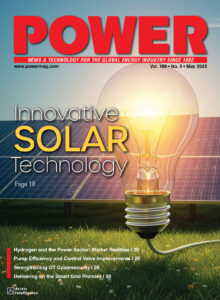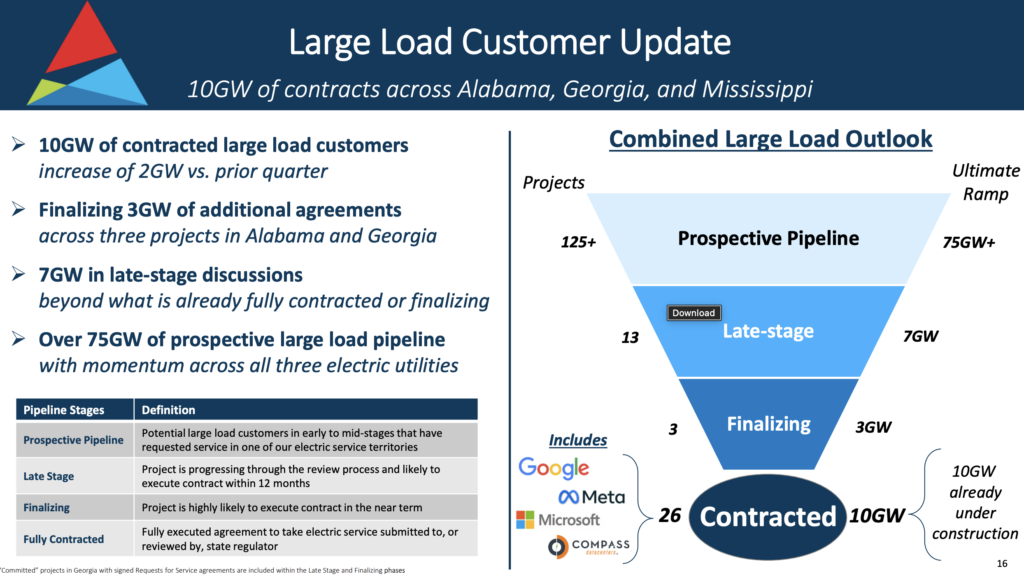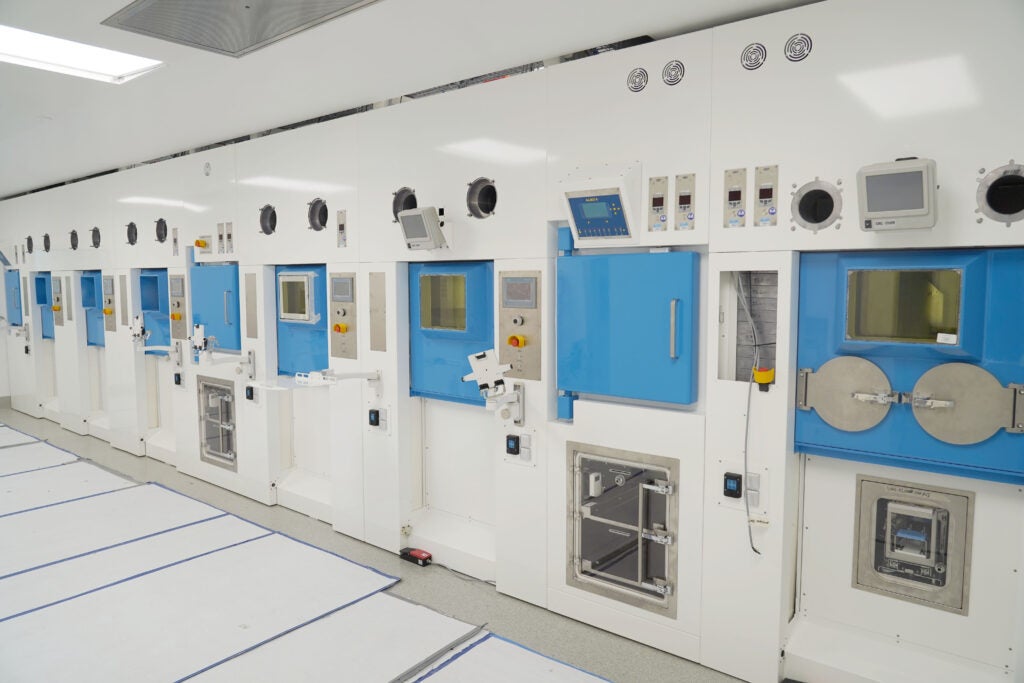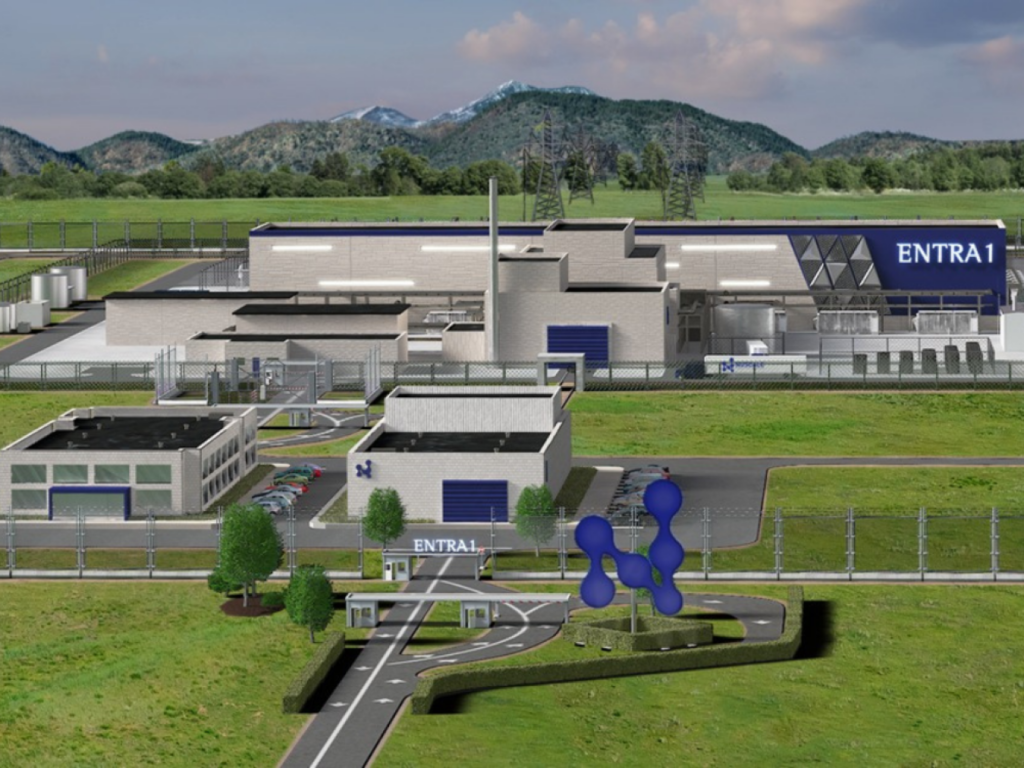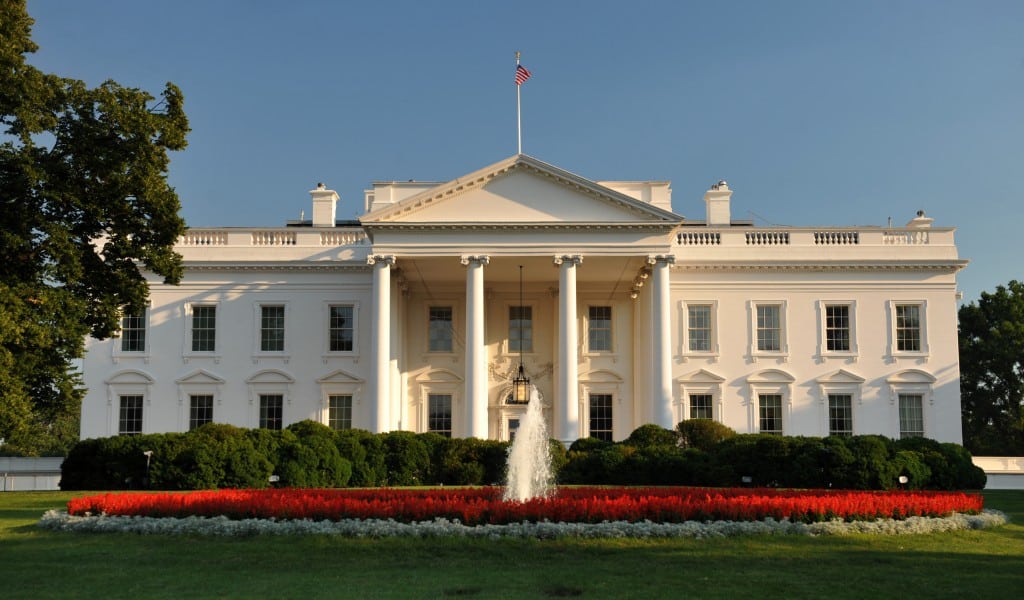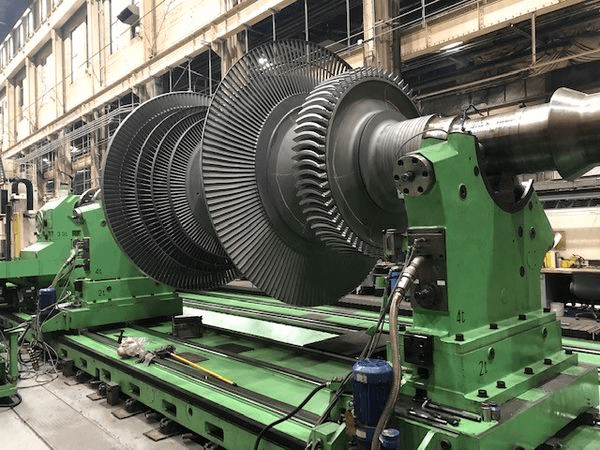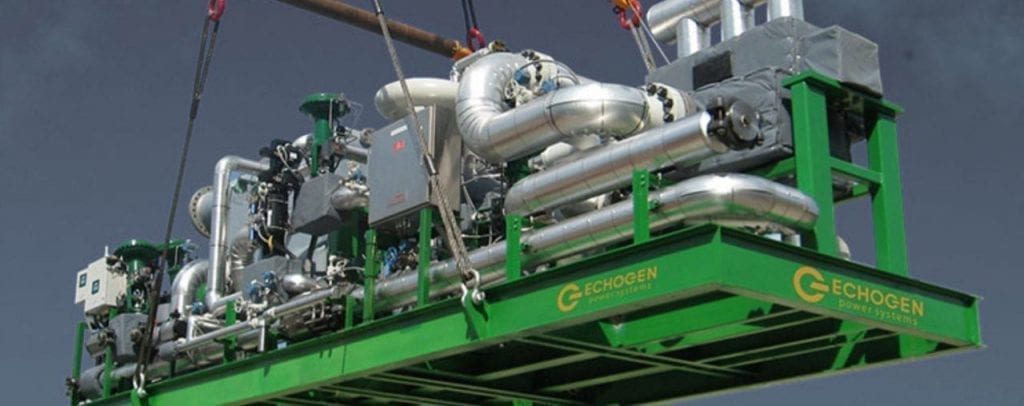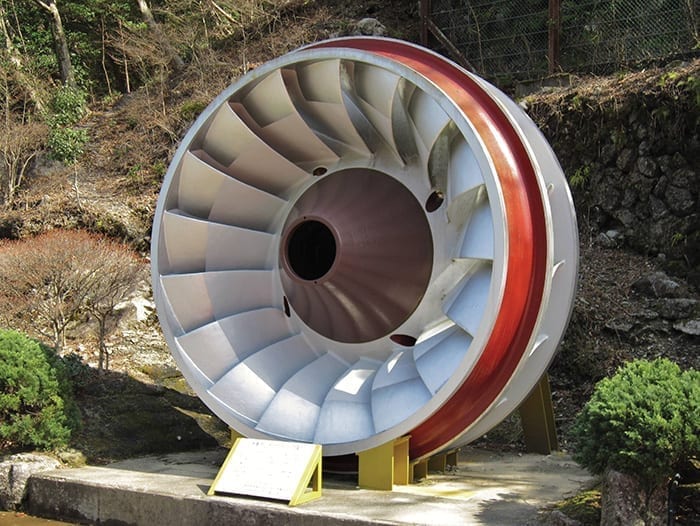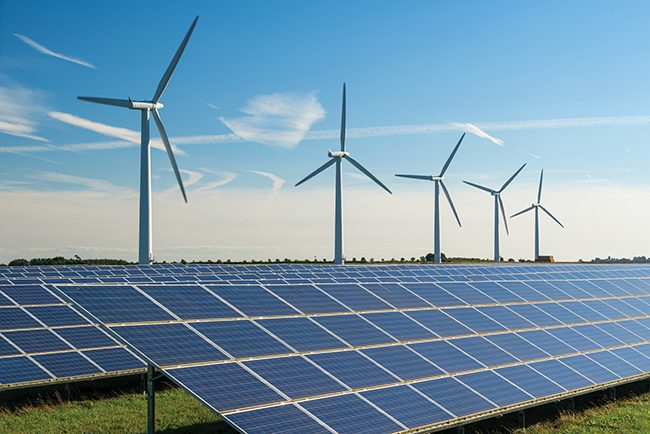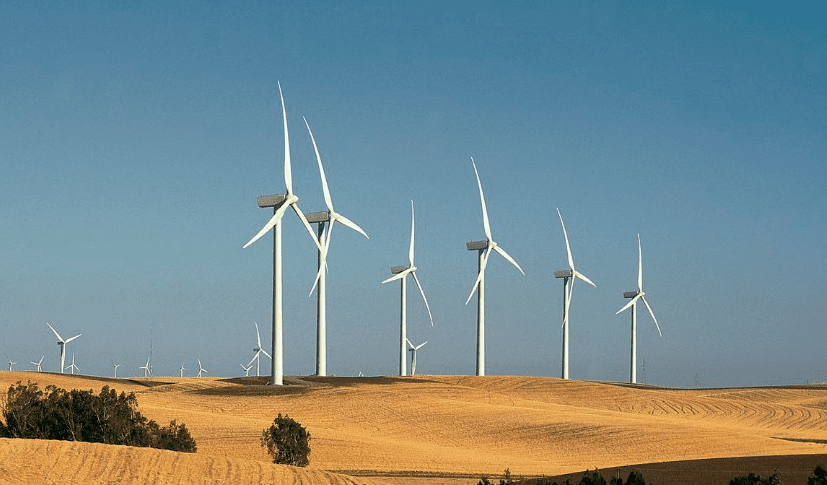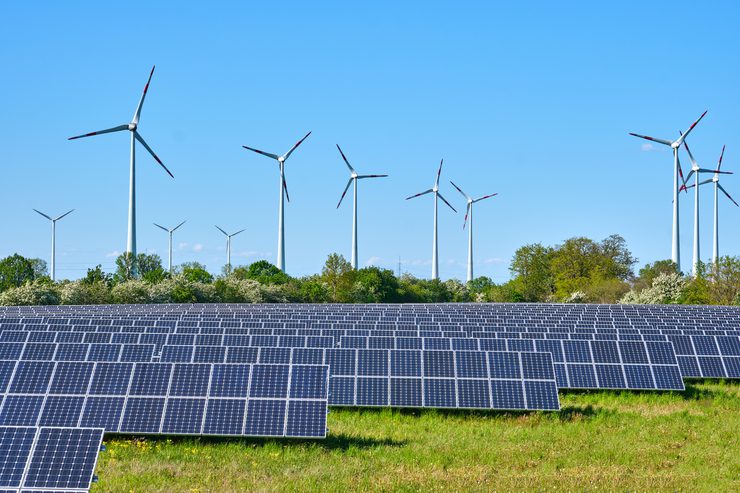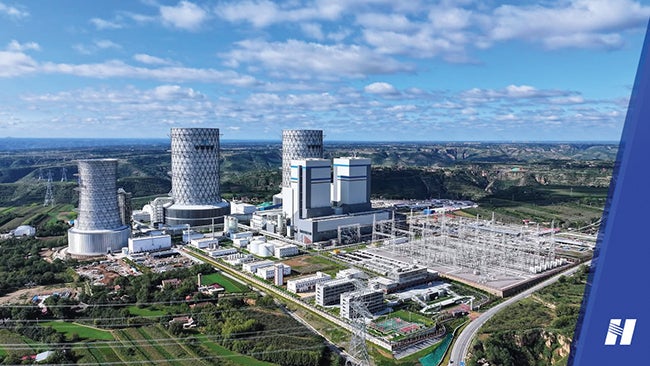The energy industry, and particularly those participating in renewables, battery storage, and electric mobility, and their supply chain (solar panels, wind turbines, battery components, etc.), are facing possible disqualification for Inflation Reduction Act (IRA) tax benefits due to their reliance on China for the equipment and components to operate those energy storage systems.
Currently, entities classified as a Foreign Entity of Concern (FEOC) are disqualified from having their electric vehicle customers eligible for an up to $7,500 tax credit under Section 30D of the IRA, or receiving grants for battery processing and manufacturing under section 18741 of the Bipartisan Infrastructure Law (BIL). According to Section 40207(a)(5) of the BIL, an FEOC—consisting of entities/individuals from China, Russia, North Korea, and Iran—is defined as a designated foreign terrorist organization; an individual under the Specially Designated List controlled by the Office of Foreign Asset Control; or an individual that has been convicted under several counterintelligence statutes.
COMMENTARY
Significantly, a FEOC is also defined as an entity that is “owned by, controlled by, or subject to the jurisdiction or direction of a government of a foreign country that is a covered nation.” This was not further explained by the IRA, and therefore, the Department of Energy (DOE) issued clarifying guidance in May 2024 providing that:
- ■ State-owned commercial enterprises and local government-owned entities are considered subnational government entities.
- ■ With respect to the critical minerals, components, or materials of a given battery, if the foreign entity engages in the extraction, processing, or recycling of critical minerals; the manufacturing or assembly of such components; or the processing of such materials, in a covered nation, then they may be considered an FEOC.
- ■ An entity is subject to another entity’s ownership, control, or direction if 25% or more of the entity’s board seats, voting rights, or equity interest, with each metric evaluated independently, are cumulatively held by that other entity, whether directly or indirectly via one or more intermediate entities.
- ■ Indirect control is defined as a parent foreign entity (including the government of a foreign country) directly holding 50% or more of its subsidiary’s board seats, voting rights, or equity interest, or if the parent foreign entity holds less than 50% in board seats, voting rights, or equity interests, then indirect ownership is attributed proportionately.
This guidance provided a roadmap for companies with Chinese ownership to avoid being deemed a FEOC if they formed a U.S. subsidiary to conduct activities subject to IRA benefits. In connection with discussions to extend the 2017 Tax Cuts and Jobs Act, there has been dialogue about the retention of IRA tax benefits, as well as the possible extension of FEOC. For example, proposed legislation called the NO GOTION (No Official Giveaways Of Taxpayers’ Income to Oppressive Nations) Act intends to expand the definition of FEOC to now include “any entity created or organized in, or controlled (in the aggregate) by, one or more countries of concern, and any entity controlled (in the aggregate) by one or more entities described” in the former.
As described by congressional promoters of the legislation, this would close the “loophole” that exists in the current FEOC definition. Moreover, this proposed legislation and efforts to expand the definition of FEOC is in conjunction with efforts to have FEOC apply to all IRA benefits, including the Investment Tax Credit (ITC) and the Production Tax Credit (PTC), which currently do not have a FEOC disqualification element.
The PTC grants $35/kWh for domestically produced battery cells, $10/kWh for domestically produced battery modules, and a 10% production cost credit for mining critical minerals and material costs. The ITC provides tax credits up to 30% of capital investment for advanced energy projects.
The energy industry notes that “the FEOC rules affect supply-demand dynamics and prices of energy-storage cells” because demand may not catch up with supply if certain entities are restricted from tax and credit advantages. However, there has been repeated recognition from members of Congress that they hope to avoid having the IRA subsidize the use of a China supply chain.
The fact that certain areas of this supply chain, such as battery cells for energy storage system/utility-scale batteries, are mostly sourced from China further complicates how expanding FEOC in this manner may impact large-scale battery projects, particularly beginning in 2026 when additional China tariffs are scheduled to be effective.
We will continue to monitor these developments closely but anticipate that there will be changes to either the IRA provisions covered by, or definition of, FEOC, if not both such aspects of FEOC. At a minimum, combined with continuing tariff escalation in the renewables supply chain, domestic project developers should seek to identify equipment and component suppliers without China ownership connections. An extension of the IRA tax benefits, including the PTC, would continue to incentivize the development of a domestic supply chain.
—Daniel Anziska and Vaughn Morrison are partners with the law firm Troutman Pepper Locke. Charlene Goldfield is an associate with Troutman Pepper Locke.


